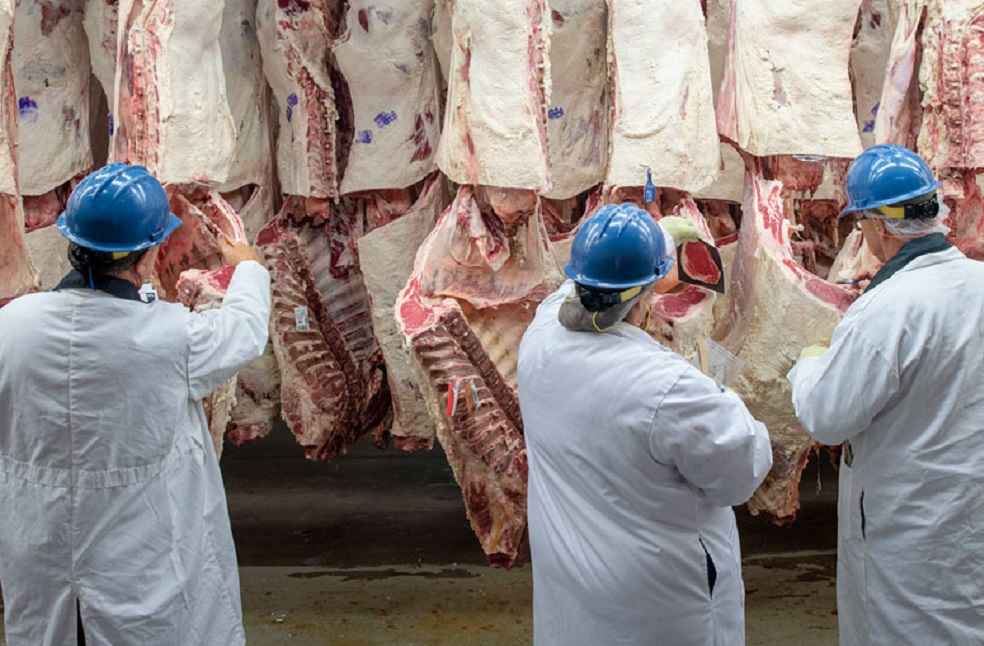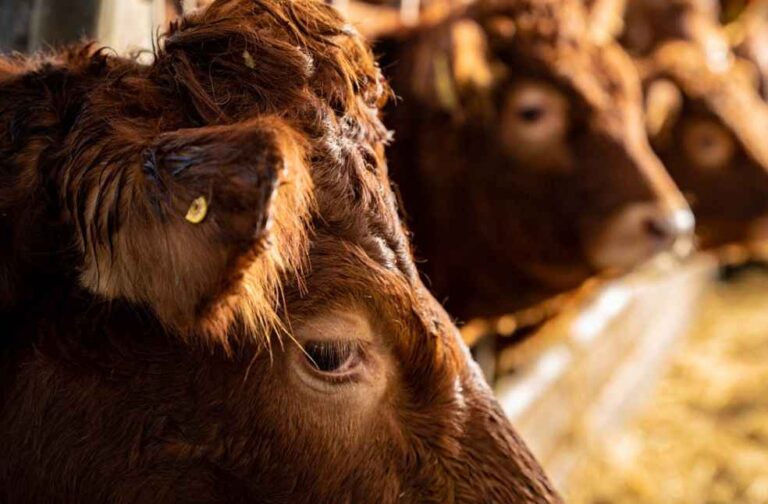Australia exported a record-breaking 129,998 tonnes of beef in July, surpassing the previous monthly record set in March 2015. This beef exports underscores Australia’s important role in the global beef market, driven by surging demand, especially from the United States.
Meat and Livestock Australia’s Tim Jackson noted that strong international demand, combined with increased carcass weights, fueled the remarkable performance in July. “It’s the most beef ever exported by Australia in any month, and is up 34 percent compared to July last year and up about 5 percent on the previous record set in 2015,” he stated.

Soaring U.S. Demand
The United States emerged as the largest importer of Australian beef, with shipments reaching 38,540 tonnes in July, marking a 61 percent increase compared to the same month last year. Mr. Jackson attributed this surge to a shortage of lean beef in the U.S., crucial for hamburger production, leading to record import prices. “In particular, exports to the United States topped at 38,540 tonnes in July, which was up 61 percent compared to July last year,” he said.
Other Key Markets
Japan imported 26,297 tonnes, South Korea 20,331 tonnes, and China 16,249 tonnes, showcasing Australia’s strategic trade relationships and its capacity to meet diverse global market demands.
Market Insights and Future Trends
Steiner Consulting’s latest report indicates beef exports from Oceania and South American countries to the U.S. in Q2 were 51 percent higher than the previous year. Global Agritrends reports that the U.S. cattle industry has entered a herd rebuild stage after three years of drought, a development expected to further elevate global beef prices.

Despite the booming export market, Australian cattle producers are not yet seeing record prices at saleyards. “This week just gone, the US imported beef price 90 [CL — chemical lean] reached $9.88 per kilogram, which is a record price and shows how the demand is going,” Mr. Jackson explained. Nevertheless, he emphasized the positive outlook for the industry as Australia enters a period of higher production with robust international demand.
In the domestic market, the national feeder steer indicator stands at $3.66 per kilo, up 45 cents from last year, while the national processor cow indicator is at $2.73 per kilo, an increase of 49 cents over the same period. These indicators suggest a favorable trend for Australian cattle producers, reflecting the broader global demand dynamics.
TRADE WORLD | Global Pork Market Faces Growth Amid Disease and Trade Uncertainties



